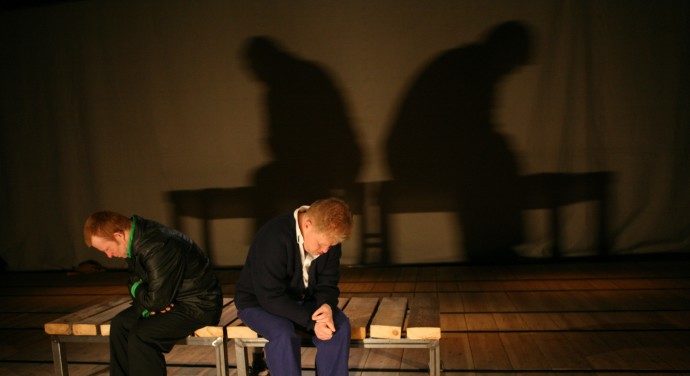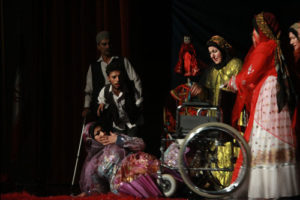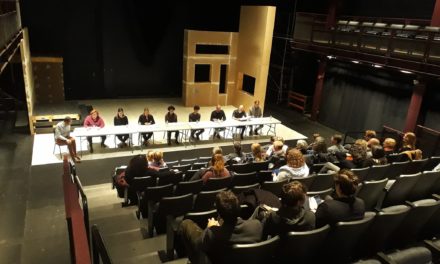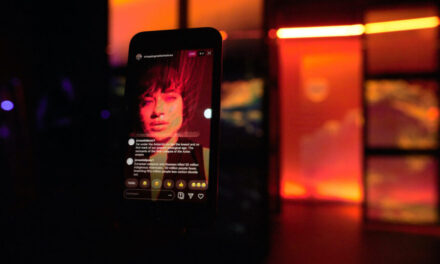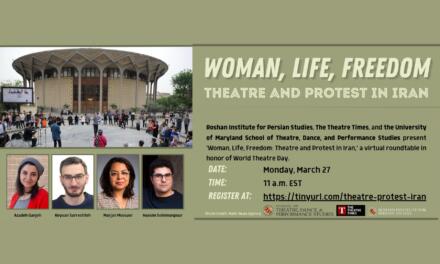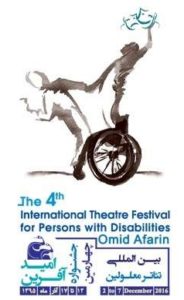 Isfahan, known as the cultural capital of Iran, hosted the Fourth International Festival of Theatre for Persons with Disabilities from December 2 to December 7, 2016. The artistic director of the festival was Ms. Fatemeh Fakhri, and the motto of this edition of the festival was “celebrating friendship and respecting the differences.” The festival consisted of three sections: stage performances, street theatre, and theatre for children and young adults. Thirty-seven Iranian performance groups together with eight theatre groups from Germany, Britain, Uganda, Armenia, Italy, Belgium, the Netherlands, France, and Bangladesh brought their shows in two main divisions: competitive and non-competitive. The festival also organized eight specialized workshops and educational panels in the fields of body, language of the body, and improvisation as well as forum theatre. There was also a playwriting section, which explored the topic of writing about life with a disability and for people with a disability.
Isfahan, known as the cultural capital of Iran, hosted the Fourth International Festival of Theatre for Persons with Disabilities from December 2 to December 7, 2016. The artistic director of the festival was Ms. Fatemeh Fakhri, and the motto of this edition of the festival was “celebrating friendship and respecting the differences.” The festival consisted of three sections: stage performances, street theatre, and theatre for children and young adults. Thirty-seven Iranian performance groups together with eight theatre groups from Germany, Britain, Uganda, Armenia, Italy, Belgium, the Netherlands, France, and Bangladesh brought their shows in two main divisions: competitive and non-competitive. The festival also organized eight specialized workshops and educational panels in the fields of body, language of the body, and improvisation as well as forum theatre. There was also a playwriting section, which explored the topic of writing about life with a disability and for people with a disability.
The purpose of this festival was to draw attention to the importance of creating equal social, cultural, and educational opportunities for persons with disabilities. The festival also aimed at empowering disabled youth and involving them in collaborative cultural ventures. The festival officials also hope that organizing such events will raise awareness about the talent and abilities of persons with disabilities and help change society’s negative views of these people. One of the officials from the Welfare Organization noted, “Theatre not only empowers persons with disabilities by getting them to participate in teamwork, it can also represent issues and challenges of their lives. Compared to long, boring meetings about the existing problems, theatrical activities represent these problems in a condensed and more engaging and effective way, and they can offer even solutions for those problems.” The representative of Jury also noted, “Theatre for people with disabilities is neither commercial nor experimental. It is rather a theatre that represents a crisis and tries to offer a resolution for that crisis. This theatre must not resort to tragedy, either; it should instead rely on lyricism and imagination centring on people with disabilities and must incorporate Iranian national tones and ideas.”
In the final ceremony, Zahra Noparast, the directing manager of Iran’s Welfare Organization, highlighted the achievements of the festival as exchanging ideas with international artists, proposing projects that involve people with disabilities in producing cultural products, and proposing projects for the establishment and development of administrative and artistic spaces. These projects also include building venues, offices, and centres for pursuing the goal of mobilizing the public to contribute to the expansion of supports and facilities for people with disabilities.
Of the 32 plays submitted to the playwriting section, six were selected and awarded. In the section for children and young adults, candidates from 10 plays won various awards for acting, stage design, music, puppet design, and costume design. The best play in this section was The Elephant and the Bird, from Khorassan Razavi province. Several festival prizes in the same fields were awarded to artists in the adult theatre section. Actors of three troupes from Germany, Belgium, and Italy were especially honoured by festival officials. The best prize was also given to The Bench, directed by Luc Nuyens, from Belgium.
Several state organizations and offices collaborated in organizing this festival, including the Welfare Organization, Isfahan and Tehran Municipalities, the Dramatic Art Centre, State Radio and TV, and the Cultural Heritage Organization.
This post was written by the author in their personal capacity.The opinions expressed in this article are the author’s own and do not reflect the view of The Theatre Times, their staff or collaborators.
This post was written by Marjan Moosavi.
The views expressed here belong to the author and do not necessarily reflect our views and opinions.

